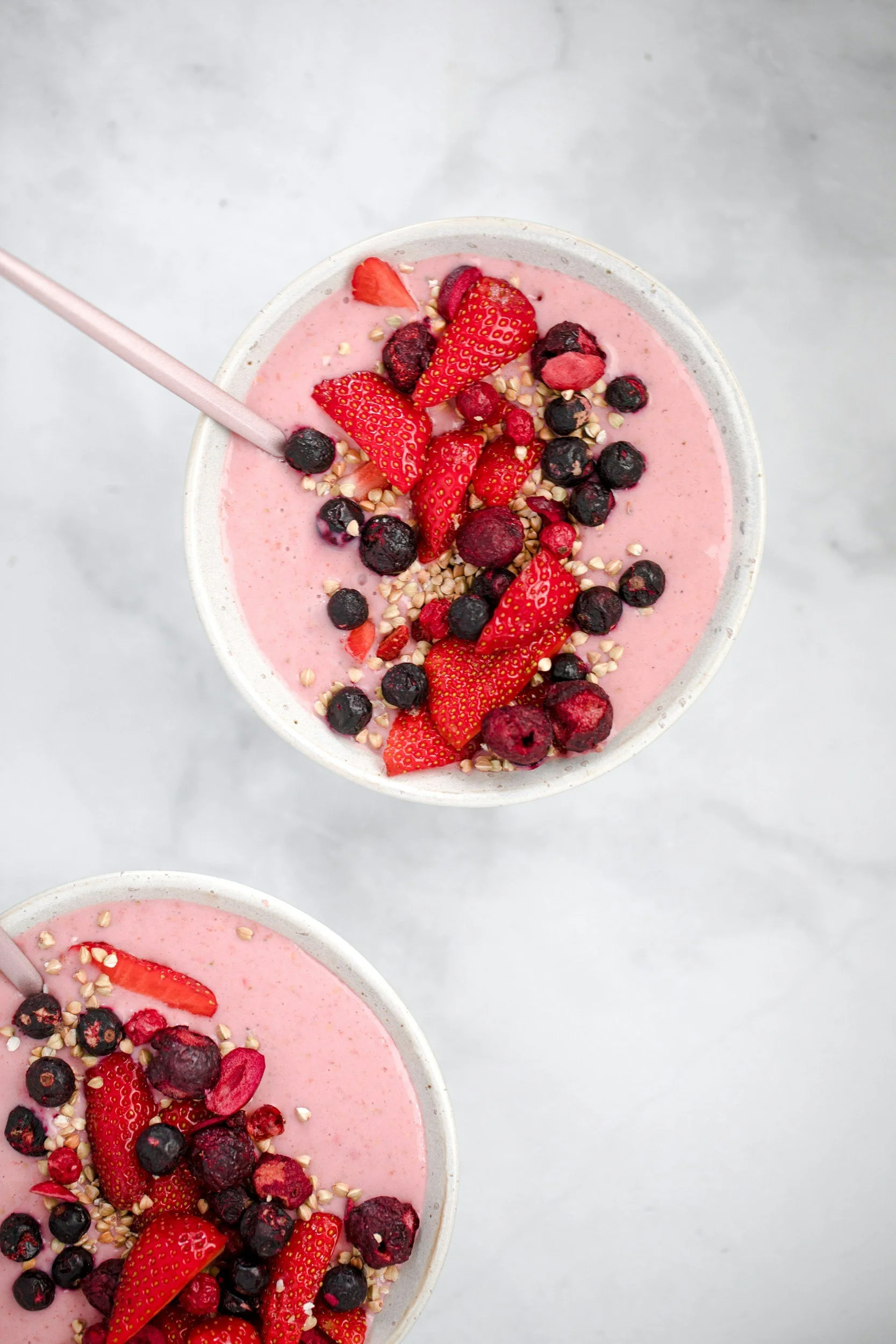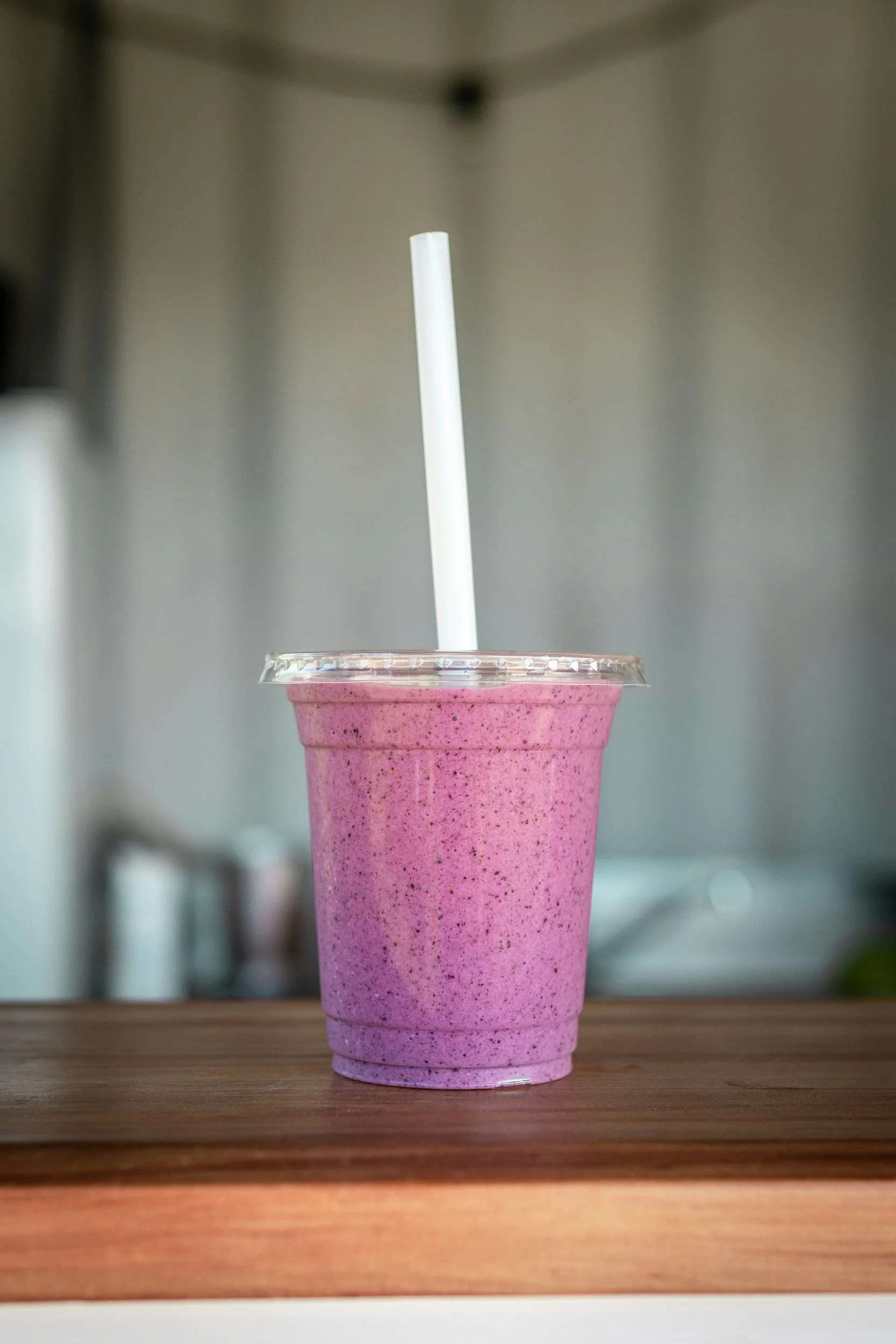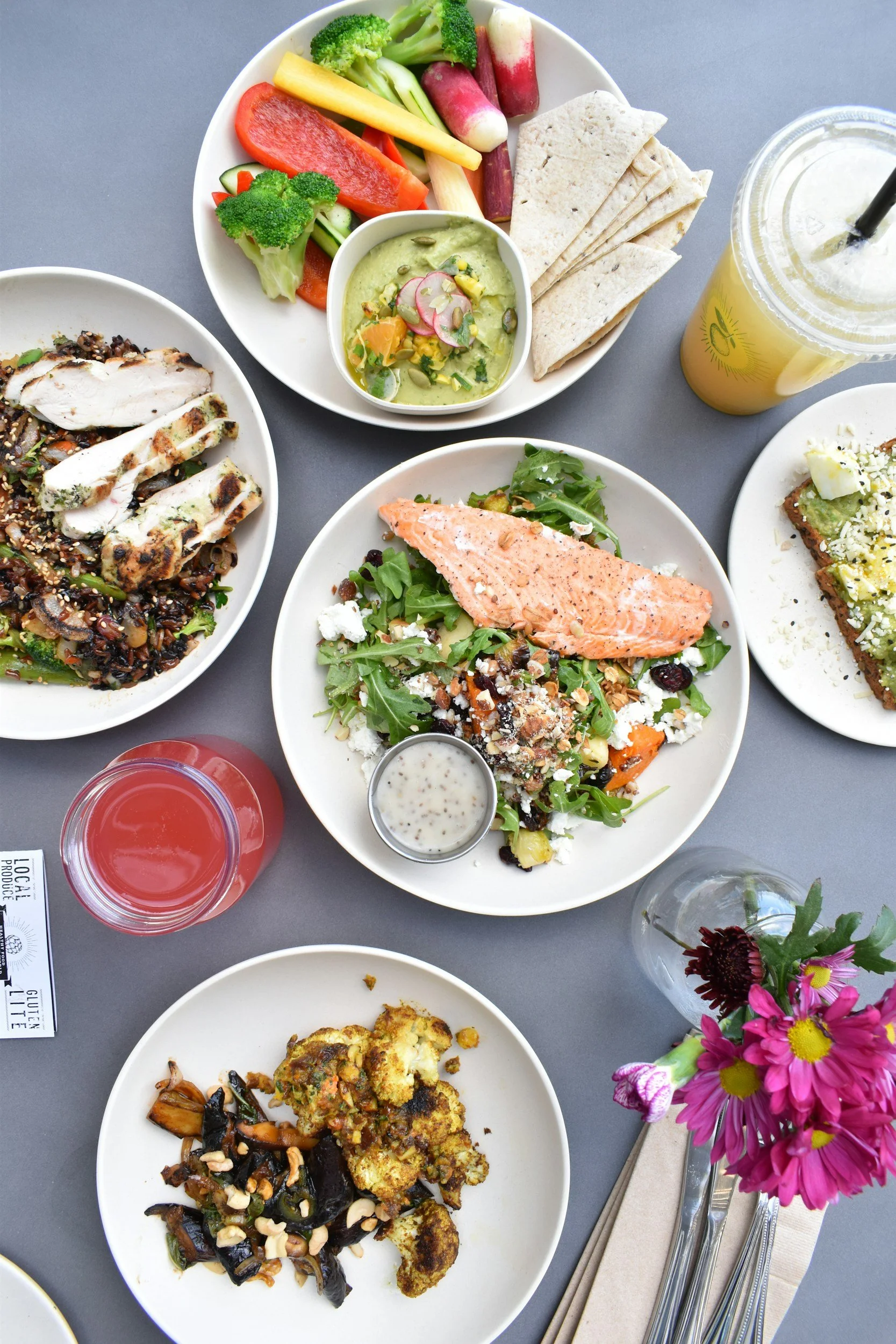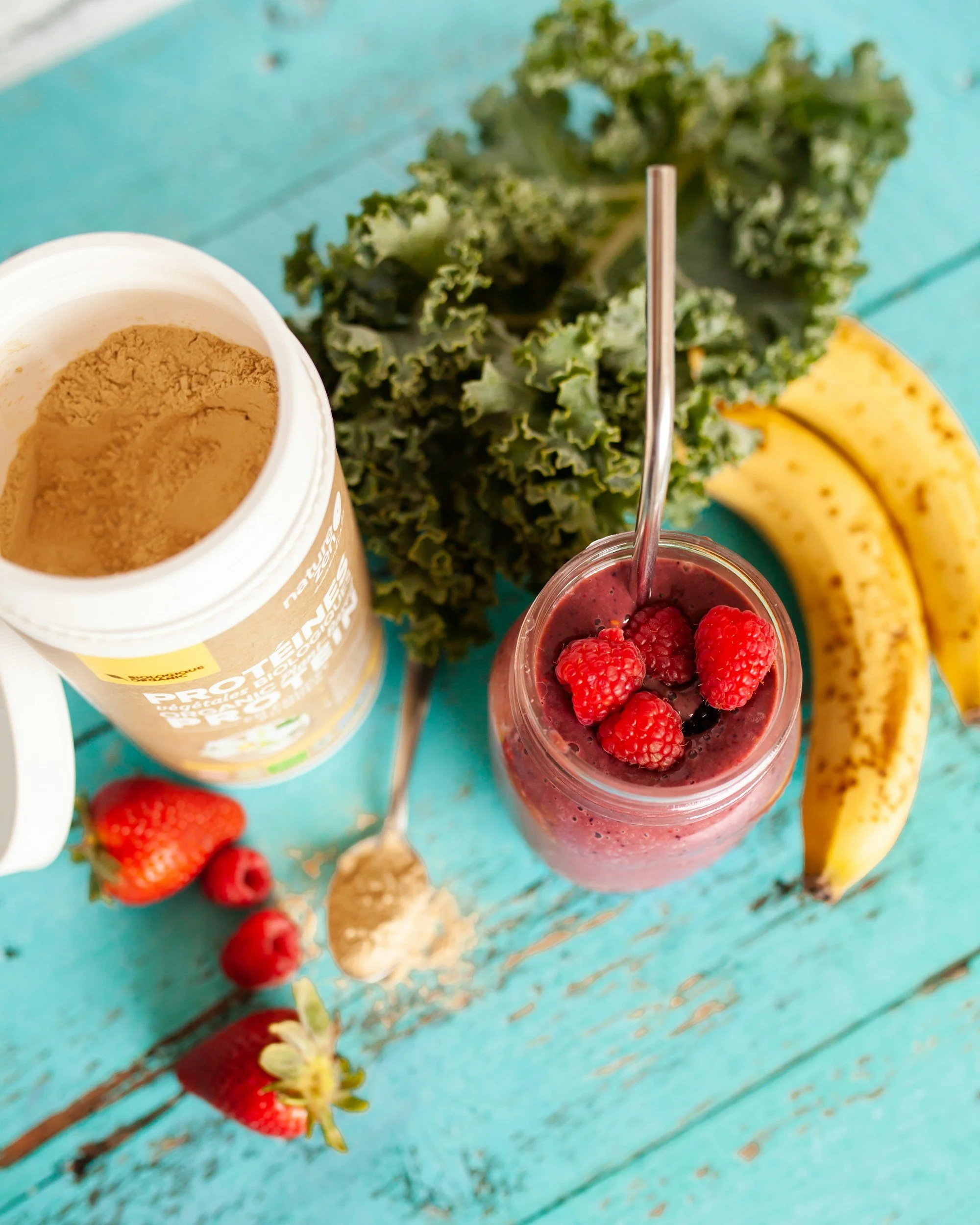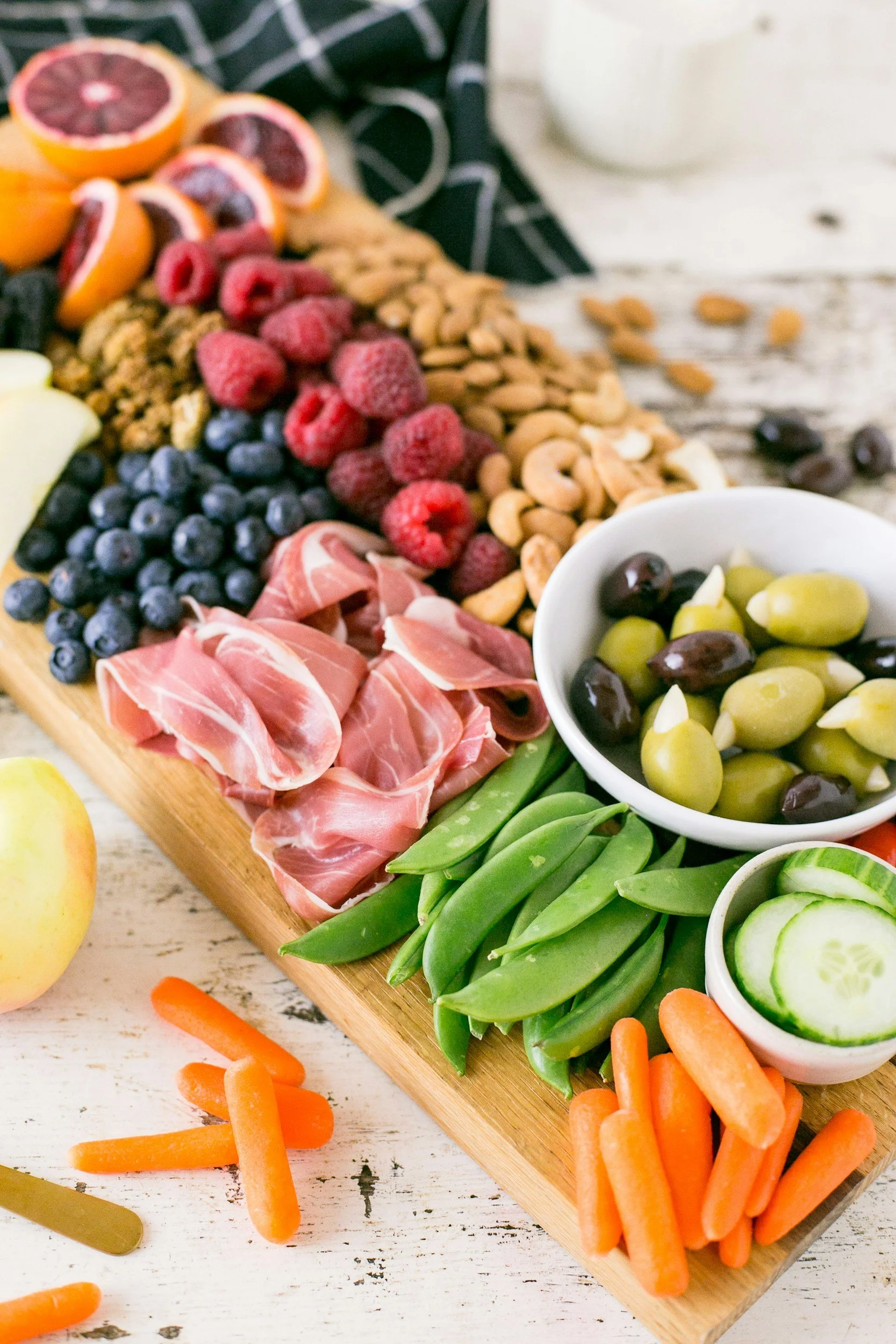Plant-Based Eating Made Easy: Tips and Benefits for a Healthier You
/Incorporating more plant-based meals into your diet can be an important step toward better health and well-being. Whether you’re exploring plant-based eating for the first time or looking to refine your approach, it doesn’t have to be complicated. With the right strategies, you can enjoy flavorful, nourishing meals that fuel your body and support your lifestyle goals.
What Is Plant-Based Eating?
Plant-based eating focuses on consuming foods derived from plants. This includes fruits, vegetables, whole grains, nuts, seeds, and legumes. While some people follow a strict vegan diet, others might adopt a more flexible approach, incorporating occasional animal products but prioritizing plant-based options.
The Benefits of Plant-Based Eating
Plant-based diets are linked to numerous health benefits, including:
Improved Heart Health: Lower cholesterol and blood pressure levels.
Better Digestion: High fiber content supports gut health.
Weight Management: Naturally lower calorie density helps with maintaining a healthy weight.
Reduced Risk of Chronic Diseases: Lower rates of diabetes, certain cancers, and other illnesses.
Environmental Impact: A plant-based diet has a smaller carbon footprint compared to diets rich in animal products.
Actionable Tips for Transitioning to Plant-Based Eating
Start Small: Begin by swapping one or two meals per week with plant-based alternatives. For example, try a lentil soup or a veggie stir-fry.
Focus on Whole Foods: Build meals around unprocessed ingredients such as fresh vegetables, whole grains, and beans to maximize nutrition.
Experiment with Plant Proteins: Incorporate options like tofu, tempeh, chickpeas, black beans, and quinoa. These are versatile and packed with protein.
Plan Ahead: Meal planning and prepping can make it easier to stick to plant-based eating, especially during busy weeks.
Spice It Up: Use herbs, spices, and sauces to add flavor to your meals. Nutritional yeast, tamari, and tahini can be game-changers.
Balance Your Plate: Aim for a mix of protein, healthy fats, and complex carbohydrates in each meal to keep you satisfied and energized.
Educate Yourself: Learn how to read labels and identify hidden animal products. Look for recipes and resources to stay inspired.
Key Nutrients to Keep in Mind
While plant-based diets are highly nutritious, it’s important to pay attention to certain nutrients:
Protein: Found in beans, lentils, tofu, tempeh, quinoa, and nuts.
Vitamin B12: Often requires supplementation or fortified foods.
Iron: Found in lentils, chickpeas, spinach, and pumpkin seeds; pair with vitamin C for better absorption.
Omega-3 Fatty Acids: Found in flaxseeds, chia seeds, walnuts, and algae-based supplements.
Calcium: Found in fortified plant-based milks, tofu, almonds, and leafy greens.
Zinc: Found in nuts, seeds, and legumes.
Meal Ideas to Get Started
Breakfast: Smoothie bowl with spinach, frozen berries, almond milk, chia seeds, and granola.
Lunch: Buddha bowl with quinoa, roasted veggies, chickpeas, and tahini dressing.
Dinner: Stir-fry with tofu, broccoli, carrots, and snap peas over brown rice.
Snacks: Hummus with veggie sticks, a handful of almonds, or a fruit salad.
Overcoming Challenges
Transitioning to a plant-based diet can come with challenges, but with a proactive mindset, they can be overcome:
Time Constraints: Use batch cooking and simple recipes to save time.
Cravings: Find plant-based versions of your favorite dishes.
Dining Out: Research restaurants ahead of time or choose customizable menu items.
Making plant-based eating part of your routine doesn’t have to be overwhelming. With a little preparation and experimentation, you can create a lifestyle that’s both enjoyable and nourishing.
Keep Going: Your Next Steps
Want to dive deeper? Here are a few resources to keep the momentum going:
📌 Related Posts
✓ Done-for-You Guides
50 Vegetarian Meals → quick one-liner benefit
Plant Based Clean Eating Blueprint → quick one-liner benefit
The Wellness Shop → Our curated selection of recipe bundles, nutrition programs, movement & mindset
TAKE THE GUESSWORK OUT OF PLANT BASED EATING
Dive into vibrant health and wellness with the Plant Based Eating Clean Eating challenge.
Challenge Overview: A roadmap to guide your journey.
Goal Setting Worksheets: Get clear on your intentions.
4-Week Plant-Based Meal Plan: Includes grocery shopping lists and weekly meal prep tips.
Snack Ideas: Healthy, satisfying snacks for every craving.
Plant-Based Meal Swaps: Customize meals with simple swaps to fit your preferences.
Energy & Calorie Balance Guide: Learn how to manage energy intake for your goals.
Biofeedback Guide: Tune into your body’s signals for better results.
Plant-Based Protein Guide: Get enough protein with easy plant-based sources.
Wellness Boosters & Extras
Weekly Challenges (2 per week): Stay engaged with actionable goals to build lasting habits.
Weekly Worksheets: Reflect, track progress, and stay motivated each week.
Daily Checklist: Easy-to-follow tasks to keep you on track every day.
More!















